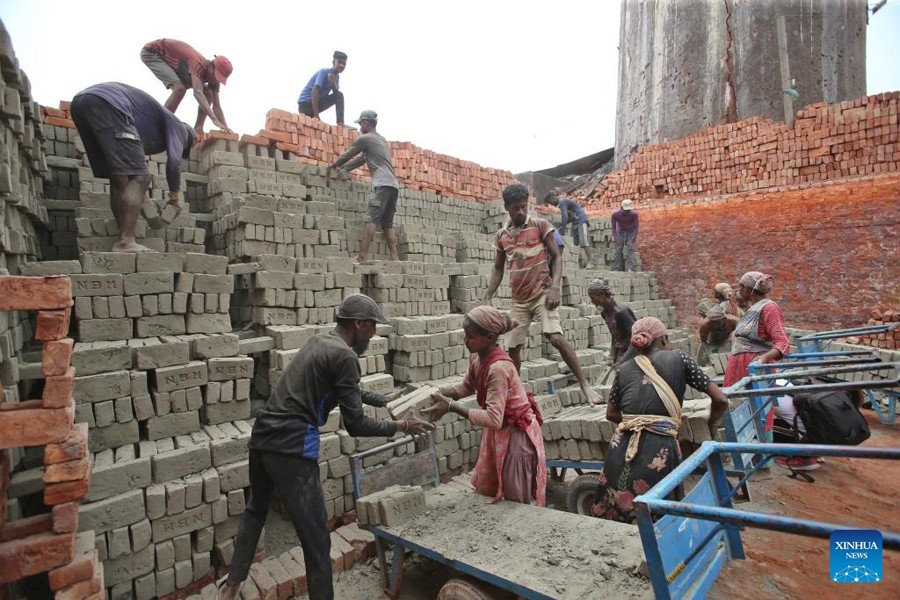
Published :
Updated :

Labour-management relations have left much to be desired in this industrially least developed country. In a country of an oversize population, supply of labour has always outpaced the generation of employment. Naturally, owners of factories and industrial units have dictated the terms. But the problem with such an arrangement is that violation of labour rights as stipulated in the international charters safeguarding interests of workers is constantly under watch by rights bodies. As the apex body in this regard, the International Labour Organisation (ILO) persuades and guides the United Nations-member countries to improve the labour-management relations. In a global village, no country can pursue a close-door policy because UN-member states depend a lot on each other for trade, market and tariff. The interdependence is a sine qua non for their economic development, socio-cultural progress and prosperity.
For the least developed countries, particularly those on the threshold of the status of lower middle-income ones, the imperative of setting labour-management relations in order is greater because of endemic inattention to the basic issues related to such equations. No wonder, Lutfey Siddiqi, special envoy to the chief adviser for international affairs, felt the need to hold a high-level parley with diplomats of key Western nations and the ILO representative at the chief adviser's office to inform them of the progress made in amending the country's labour law. By the middle of next year, the amendment is likely to be completed, Siddiqi informed. During the deliberations, the diplomats present there reminded of the inalienable link between labour reform and market access, trade decisions and tariffs. With the country's graduation, the special preferences Bangladesh now enjoys in exporting its commodities to developed markets, particularly those of the European Union and North America under the World Trade Organisation's special and differential treatment (S&DT) will erode. If the labour law is amended aligning it with the ILO standard ---naturally to the satisfaction of all the parties involved, the country's preferential treatment in trade may be continued for yet another year after the graduation.
How Trump's America will respond to the proposed reform to the labour reform is not predictable. The US has sought a detailed proposal from Bangladesh how the later intends to narrow the trade imbalance between the two countries. Notably, in 2024, the US had a trade deficit of $6.2 billion with Bangladesh exporting to US goods worth $8.4 billion and importing from US commodities worth $2.2 billion. Surely, global economy was passing a fragile phase and this has been made still more uncertain and vulnerable with Trump's policy on reciprocal tariffs.
Evidently, the year 2026 is going to be highly crucial for Bangladesh. Not only is it set to graduate as a lower middle-income country but also embark on a new course of political journey under an elected government after the July-August uprising. By this time, some of the much needed reforms have to be completed as a prior condition for bringing the house in order. The manufacturing sector together with law and order are prime candidates for sustainable streamlining so that industrial unrest can be buried once and for all with law and order creating the right environment for this and investment---both domestic and foreign--- in the productive sector.


 For all latest news, follow The Financial Express Google News channel.
For all latest news, follow The Financial Express Google News channel.